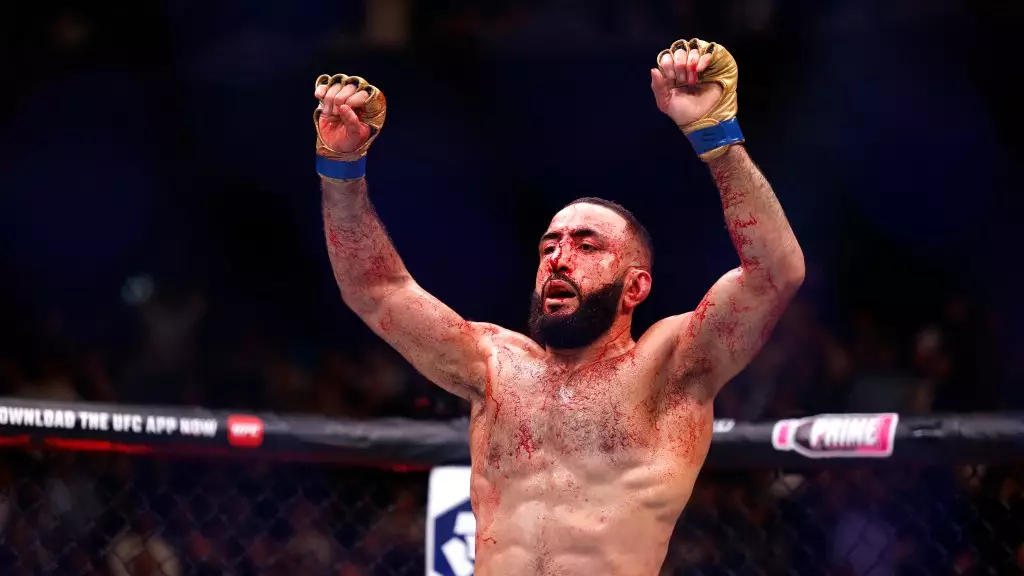Belal Muhammad has solidified his position in the UFC welterweight division as its new champion following a gripping victory over Leon Edwards at UFC 304. With a record of 24 wins and only 3 losses, Muhammad’s triumph was not only a personal milestone but also a testament to his skill and dedication to the sport. However, rather than basking in the glory of his recent success, the champion is already focusing on the road ahead. His upcoming title defense against the undefeated Shavkat Rakhmonov at UFC 310 showcases his commitment to challenging himself and maintaining the integrity of the welterweight division. This strategic approach emphasizes his desire to ensure a thorough examination of his challengers before contemplating further ambitions.
The Landscape of Welterweight: Challengers and Contenders
With several formidable opponents lingering in the sideline shadows, including Ian Garry, Jack Della Maddalena, and the veteran Kamaru Usman, Muhammad acknowledges the competitive nature of the welterweight division. He emphasizes that the pathway to a title shot must be earned through decisive victories, suggesting that the current crop of contenders should face off against one another rather than waiting idly for their chance. Muhammad’s assertion that “the cream has to rise to the top” reflects a pragmatic and meritocratic view of championship contention. He calls for contenders to not just claim their spots but to substantiate their aspirations through performance in the octagon.
The Burden of Double Champ Status
While the allure of becoming a dual champion looms large in the MMA landscape, Muhammad remains realistic about his aspirations. The distinction between holding a single championship and attempting to become a ‘champ-champ’ is substantial, involving not just talent but also strategic planning and timing. Belal believes that he must first cement his dominance in the welterweight class before looking to ascend to middleweight territory. “One or two more fights,” he speculates, “and then I could start talking about middleweight.” This statement reveals his understanding of the challenges inherent in pursuing multiple titles, as well as the complexities of balancing weight classes.
Belal Muhammad’s approach to his newfound title is both measured and proactive. He recognizes the importance of being a champion who not only holds the belt but also respects the competitive landscape that comes with it. By advocating for contenders to engage in vital matchups and stressing the significance of active meritocracy in the sport, Muhammad demonstrates a champion’s mindset that prioritizes growth and excellence over complacency. One can sense his determination not just to be recognized as a champion, but to ensure that his reign is characterized by worthy challengers who will elevate the division during his tenure at the top. In the fast-paced world of UFC, Muhammad is not just ready to defend his title; he is intent on shaping the very framework of competition within the welterweight ranks.

